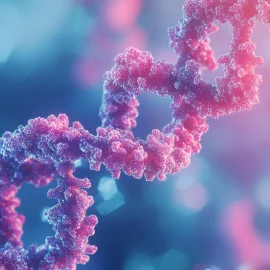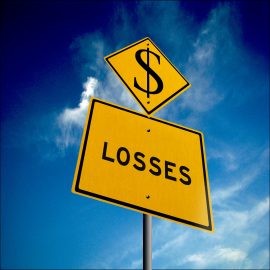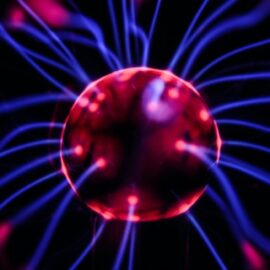
What drives our ability to resist temptation and stay focused? How can understanding the science of willpower help us maintain better self-control? Where does willpower come from?
In their book Willpower, Roy Baumeister and John Tierney reveal that willpower functions like a physical force, powered by the glucose in our bodies. They explore where willpower comes from and how our eating habits directly influence our ability to maintain self-control.
Keep reading to discover the fascinating connection between glucose and willpower, and learn practical ways to boost your mental strength through smart dietary choices.
Where Willpower Comes From
Where does willpower come from, and what is it exactly? Baumeister and Tierney write that willpower isn’t merely an abstract idea but a real force like physical strength. Just like you use your muscles to accomplish physically challenging tasks, you use willpower to accomplish mentally taxing tasks—for instance, resisting temptations and staying focused on challenging or tedious work. Willpower also helps you to maintain your self-control in difficult or upsetting situations, such as emergencies and arguments.
(Shortform note: The scientific definition of energy is simply the ability to do work. So, for instance, when you use your muscles to move something heavy you’re exerting kinetic energy. The authors are taking some artistic license in saying that willpower is a similar form of energy—there’s no way to directly observe the effects of willpower like you could observe a piece of furniture moving as you push it—but they say this to emphasize that willpower is the ability to do mental work.)
Let’s look at the specifics of where willpower comes from.
Glucose Is Your (Will)Power Source
Baumeister and Tierney explain that willpower, just as everything else in your body, relies on glucose as its primary energy source. This means that your ability to exercise self-control is directly linked to your glucose levels. This fact has profound implications for how your physical health and your eating habits can impact your willpower.
(Shortform note: Glucose is a simple sugar molecule. It serves as the fundamental fuel that powers life across nearly all of Earth’s organisms, not just humans. Through processes like photosynthesis in plants and digestion in animals, complex carbohydrates are broken down into glucose. Cells then use cellular respiration to metabolize glucose into ATP (adenosine triphosphate), a molecule for storing and releasing energy, which drives everything from muscle contraction to nerve signaling.)
According to the authors, research has shown that willpower-intensive tasks, like staying focused for extended periods of time at work, deplete your glucose reserves just like physical exercise does. That’s why, for instance, people tend to get more irritable and impulsive when they’re hungry: Their glucose levels are low, and therefore their self-control is impaired.
However, this connection also means that you can replenish your willpower by consuming food or drinks that boost your glucose levels. It might be tempting to go for sugary, processed foods like candy and soda, but the authors say that such foods only give you short bursts of energy, followed by crashes when your blood sugar drops again. Healthier choices such as fruits and whole grains will create a more stable and sustained release of glucose, providing reliable and long-lasting fuel for your willpower.
(Shortform note: You can check how much energy a particular food will give you by looking up its glycemic index (GI). The GI is a measurement system that ranks foods based on how quickly they raise blood sugar levels. Scores range from zero (no glucose) to 100 (pure glucose). As the authors state, it’s generally better to eat foods with low GI scores, because those tend to provide reliable long-term energy rather than a quick spike in blood sugar. Low GI foods include non-starchy vegetables like carrots and broccoli, as well as legumes such as beans. On the other hand, most kinds of bread, white rice, starchy vegetables like potatoes, and anything with added sugar are considered high GI foods, and should be eaten in moderation.)






